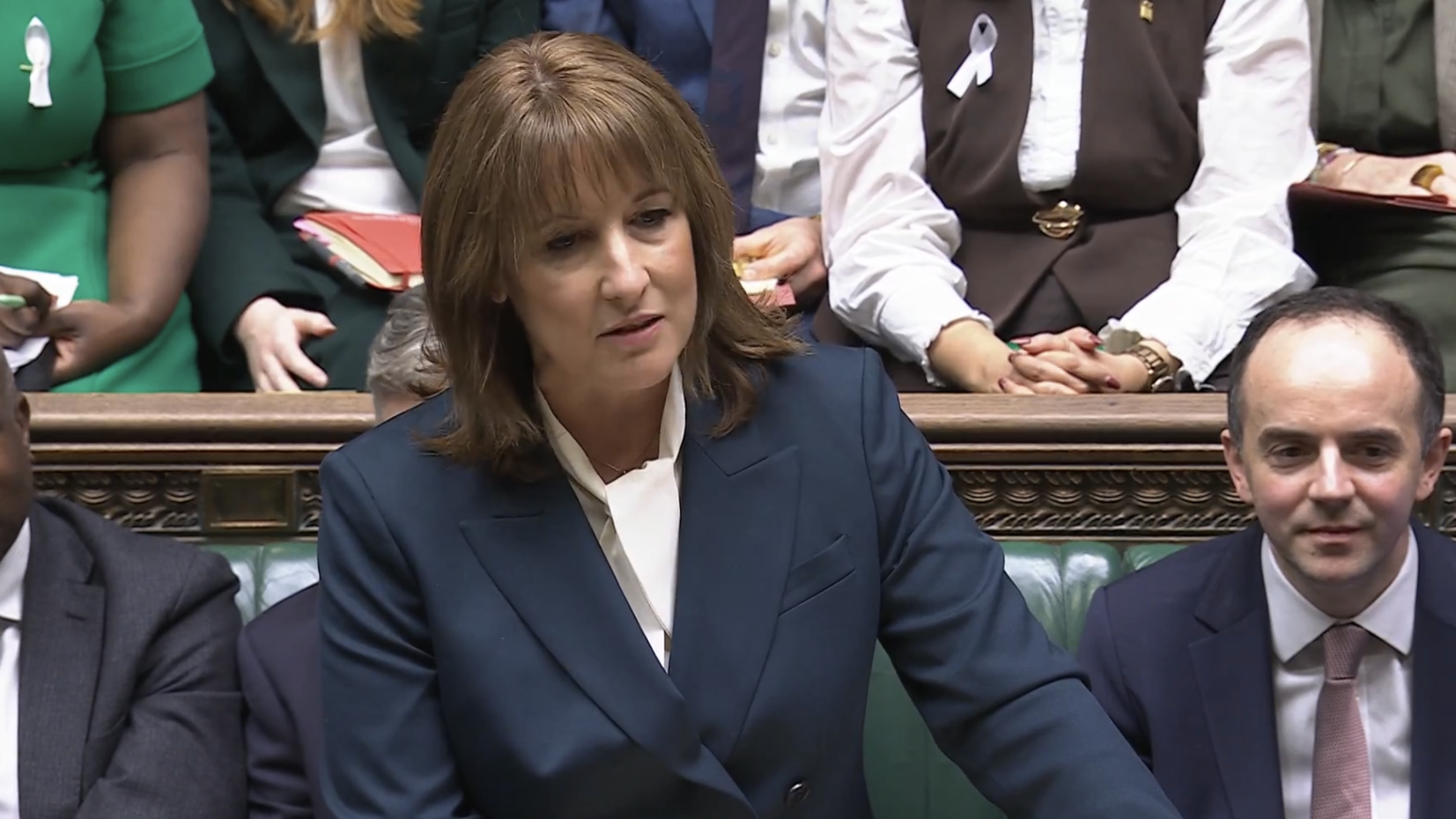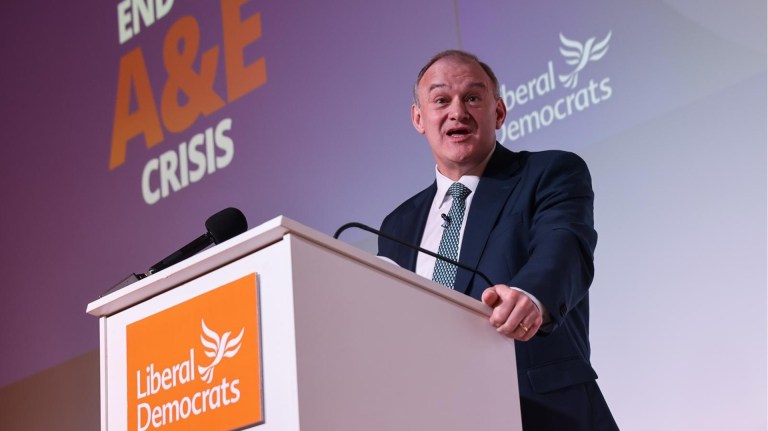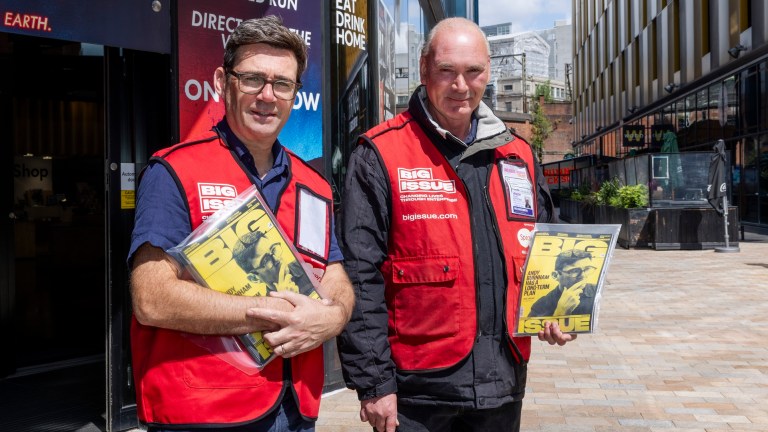The cap denied families extra universal credit or tax credits for any child after the second. It impacted 1.6m children across the UK, with families missing out on £3,500 per child. Lifting the universal credit element of the cap will cost £3 billion by 2029-30.
It’s been the source of political pain for Labour: the party leadership suspended seven of its MPs in July 2024 for voting for an SNP motion to abolish the cap. All but one have been readmitted, while Zarah Sultana has gone on to found a new opposition party.
John Bird, founder of the Big Issue, said: “The abolition of the two-child benefit limit will offer relief to thousands of children who have had no choice in inheriting the poverty of their parents. A situation where young people are punished for the lottery of their birth is intolerable. Scrapping this pernicious policy will improve the immediate circumstances of those children in large, poorer families.
Bird added: “In a budget that has required tough choices, the chancellor is right to prioritise protecting the poorest households, who continue to feel the bite of the cost-of-living crisis more keenly than everyone else.
“Now we must see a truly bold child poverty strategy with clever thinking on how to open up the pathways that offer our children escape from poverty, not just keep them comfortable in a pre-destined wait for lifelong hardship. The strategy should be backed by targets which provide much-needed benchmarks to track progress and drive action forward. The government must not dodge this vital layer of scrutiny.”
Minimum wage is increasing
The living wage is up and the minimum wage has increased for 18-20 year olds. Experts said it could put more money in people’s pockets, but that the benefits would not be truly felt unless inflation was controlled and precarious work stamped out.
Advertising helps fund Big Issue’s mission to end poverty
The national living wage for people over the age of 21 will go up by 4.1% to £12.71 an hour from April.
Ben Harrison, director of the Work Foundation at Lancaster University, said rising prices are preventing wage hikes from making people actually feel richer.
“It’s ultimately critical that the rate of inflation returns to the Bank of England target in 2026 if this is to represent a significant real-terms pay rise for the 2.4 million low paid workers who will receive it,” said Harrison.
Women’s Budget Group interim deputy director Erin Mansell said women, more likely to be in low-paid work, would benefit – but warned that underfunded care services could face even greater pressures.
“Concerns among care providers will likely persist as this will further increase their costs. Together with the changes to employers’ NICs in last year’s budget, this may stretch services even further,” said Mansell.
The National Minimum Wage for 18-20-year-olds is up 8.5% to £10.85 an hour.
Advertising helps fund Big Issue’s mission to end poverty
Harrison said it could help young people back into work, but added the government needed to make sure it didn’t result in more unstable jobs.
“In particular, the new Fair Work Agency must prioritise ensuring employers don’t seek to circumvent increases to the national minimum wage via a shift to more precarious forms of employment such as platform and gig economy roles,” said Harrison.
Apprentices under 19 will also earn more, with the apprentice rate going up from £7.55 to £8 an hour.
Read more of Big Issue’s 2025 autumn budget coverage:
Food prices are set to continue rising
Rising food prices will be a key driver of inflation, the Office for Budget Responsibility has forecast.
The fiscal watchdog said food prices mean inflation will remain higher for longer than it predicted in March. Inflation reach 3.5% this year before falling to 2.5% in 2026 – 0.2% and 0.4% higher than forecasted in March respectively.
Advertising helps fund Big Issue’s mission to end poverty
But inflation will be partially offset by action Labour is taking to reduce household energy bills, which will see a 0.3% reduction overall.
Unemployment will stay high
Unemployment has been going up since 2022, and the OBR estimates it will stay at around 5% until 2027. Meanwhile, the number of people working it set to fall thanks to sickness and an ageing populiation.
Disposable income growth will slow down
Rising taxes and slowing real wage growth means growth in disposable income is set to fall sharply. From a rate of 3% in 2024-25, the OBR forecast it will slow to 0.25%. That’s down on average of 1% growth in the last decade. In other words, the spare money people have will barely change.
The headline rate of income tax won’t rise – but a “stealth tax” means many will pay more
Income tax thresholds will be frozen until 2031 – a U-turn on the previous budget, meaning roughly 780,000 more people will pay the basic rate, and 920,000 more the higher rate, raising £8bn in 2030.
In her 2024 budget, Reeves said she would end the freeze on income tax thresholds after the existing 2028 cut-off, which had been introduced by the Conservatives. “I have come to the conclusion that extending the threshold freeze would hurt working people and take more money out of their pay slips,” Reeves said.
It’s what’s known as a “stealth tax” – an effective increase in income tax made in the hope of avoiding the political pain of a more eye-grabbing hike in the headline rate. Freezing thresholds mean workers pay income tax on more of their earnings, and pay the higher rate on a greater proportion of their salary. The FT estimates that workers on £50,000 a year will see their tax payments go up by 1.5 percentage points – less than the 0.5 percentage point rise those on £200,000 a year will see.
Advertising helps fund Big Issue’s mission to end poverty
The freeze was a measure introduced by the Conservative government in 2021.
The state pension will rise – as will most benefits
Thanks to the triple lock, the state pension is going up by 4.8% in April. Benefits such as PIP and disability allowance will increase by 3.8%.
Every secondary school will get a library
A total of £5m in investment will give every secondary school in England £1,400 to buy new library books. Statistics show one in every eight pupils do not own a single book.
Training apprentices under 25 will be free for small and medium businesses
The chancellor announced funding which will make it free for small and medium businesses to train apprenticeships under the age of 25.
It is part of a wider government push towards apprenticeships, coming on the back of a previous pledge to create 120,000 new training opportunities.
Energy bills are being cut by £150
The average energy bill will fall by £150 next year after Reeves announced plans to cut a green levy scheme.
Advertising helps fund Big Issue’s mission to end poverty
The government says some poorer households will save up to £300.
Do you have a story to tell or opinions to share about this? Get in touch and tell us more.
Change a vendor’s life this Christmas.
Buy from your local Big Issue vendor every week – or support online with a vendor support kit or a subscription – and help people work their way out of poverty with dignity.






